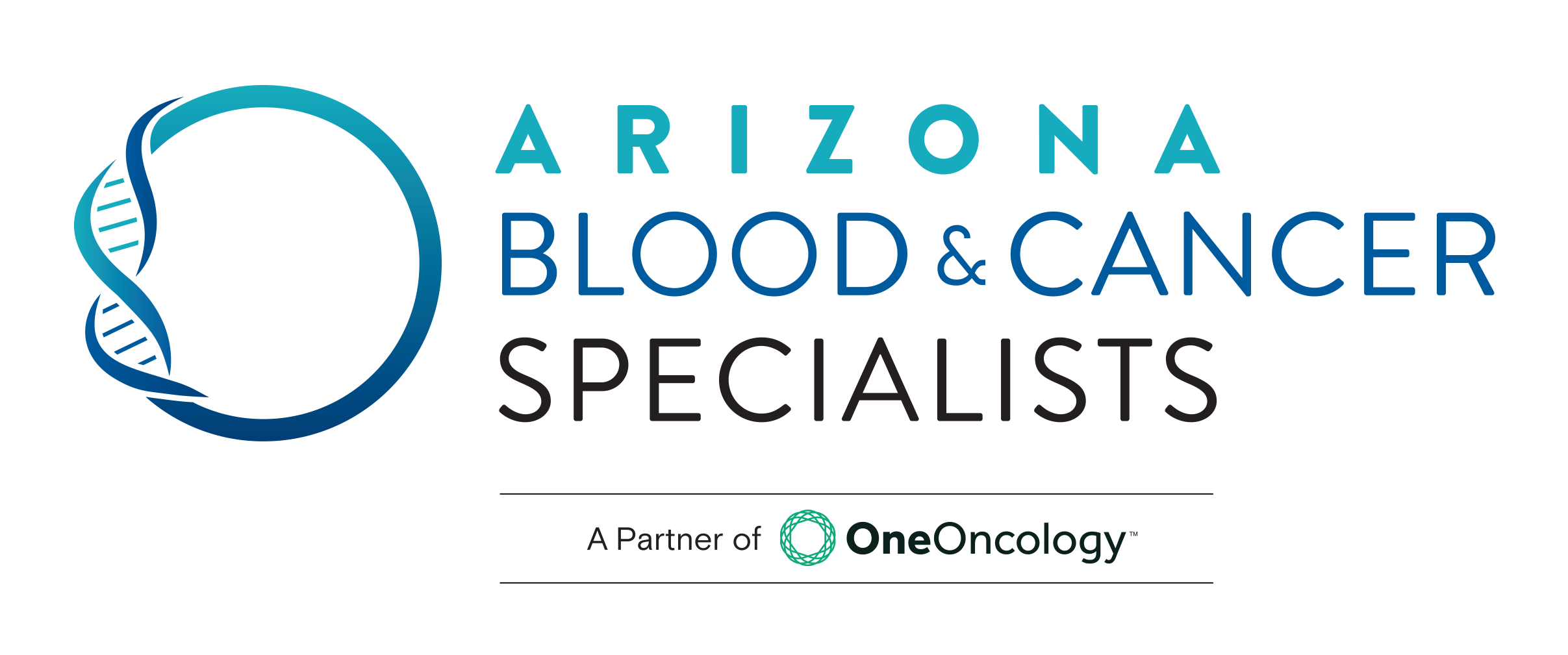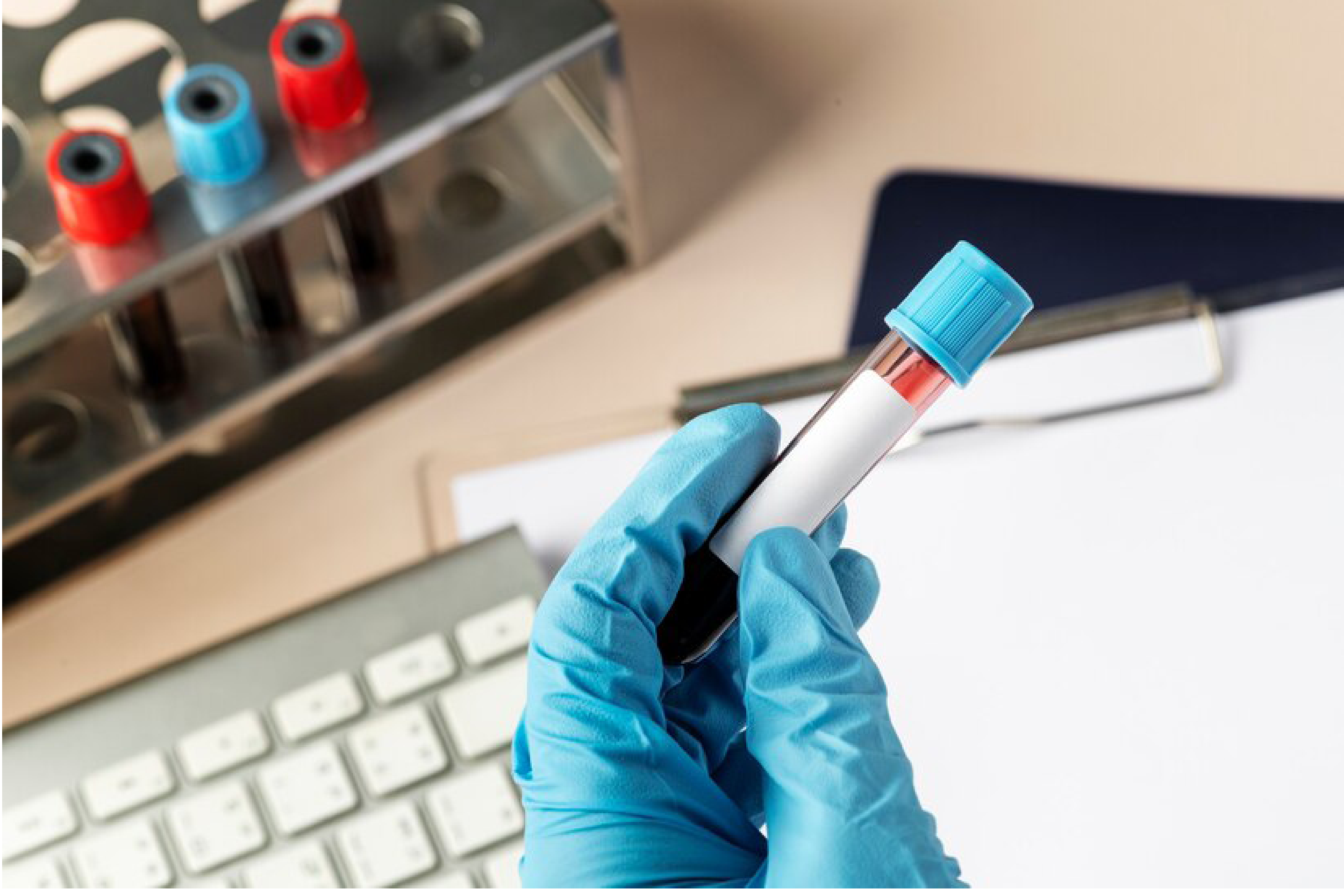The Importance of Phlebotomists
Every February we take a week to celebrate and acknowledge the amazing work that phlebotomists do. But what are phlebotomists? And why is the work they do important?
What is Phlebotomy?
Phlebotomy is the procedure of drawing blood. It is usually done using a small needle to puncture a vein to draw blood.
Why is Phlebotomy Important?
Phlebotomy is essential when it comes to medical care. The blood that phlebotomists draw provides important information regarding patients' health, which allows our doctors to check for diseases and monitor ongoing conditions.
What is a Phlebotomist?
A phlebotomist is a medical professional who is trained to perform blood draws. They also collect and prepare blood for testing, so that it can be analyzed. Phlebotomists also draw blood for blood donations.
What do Phlebotomists do?
A phlebotomist's main job is to collect blood samples that are issued by healthcare providers or for donation. Phlebotomists also prepare people for blood draws, label the collection of vials, ensure all equipment is sanitized, assist people emotionally who feel anxiety about blood draws, and organize and maintain blood draw supplies.
How do you become a Phlebotomist?
Most states require a certification from a completed phlebotomy program. Most phlebotomy programs can be done through a technical school and take less than a year to complete.
Whether you have had your bloodwork done before or you have donated blood, a phlebotomist has made a difference in your life. At ABCS we celebrate and cheer on our phlebotomists this Phlebotomists Recognition Week.


